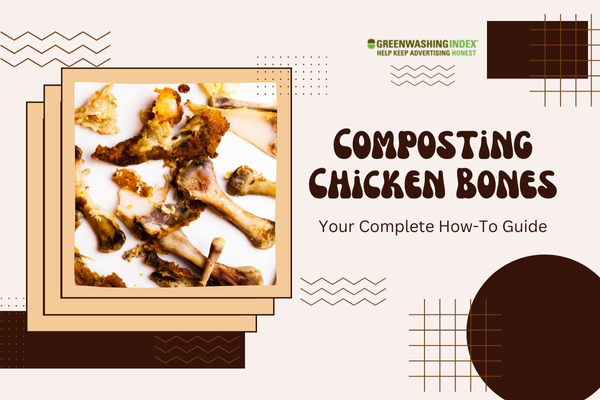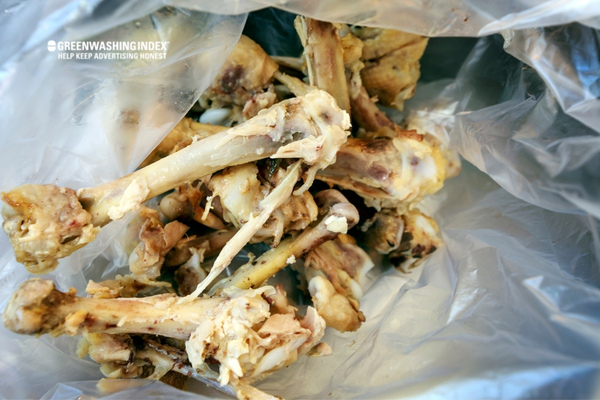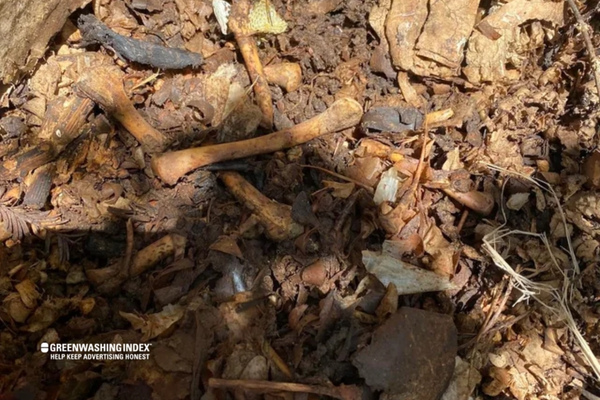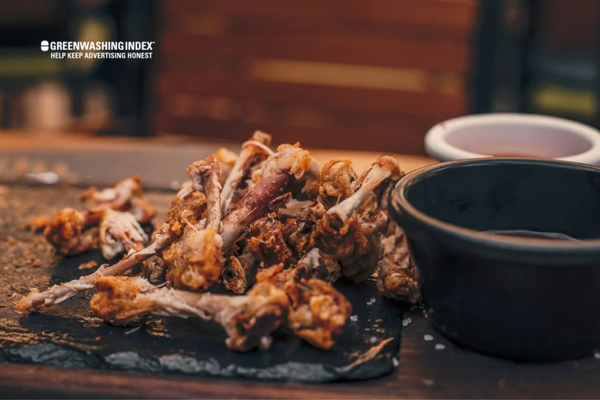

Composting chicken bones may seem unconventional, yet it holds the potential for enriching your garden soil. As eco-conscious practices gain traction, many are exploring ways to minimize waste and maximize sustainability.
While tossing those leftover bones into your compost might sound tempting, there are essential considerations to ensure success. With the right techniques and a bit of patience, you can transform those remnants into a valuable resource for your plants, contributing to a healthier ecosystem and a greener home.
Let’s unravel the world of composting— something that often sounds more complex than it is. The essence of composting is simple: it’s nature’s way of recycling. But to truly understand and get the most out of it, there are some key bits we’ve got to cover.

By following these simple steps, you can create a compost heap that helps reduce waste and improves your garden!
When you’re deep in the trenches of organic waste recycling and committed to a sustainable lifestyle, a big question that comes up is about composting chicken bones. It makes sense to ask—after all, chicken bones are a part of our kitchen scraps. But should they find their way into your compost heap? Let’s pick apart this topic together.

Yes, you can compost chicken bones, but there are important considerations to keep in mind. Chicken bones are biodegradable and can enrich compost with essential nutrients like calcium and phosphorus. However, they decompose slowly, taking several months to years, and may attract pests if not properly managed.
To successfully compost chicken bones, it’s essential to follow specific guidelines to ensure a balanced composting environment.
Highlight: Chicken bone composting has its ifs and buts. Consider the type of composting system you have at home before deciding to add them.
Composting chicken bones can be a beneficial yet challenging endeavor. While they contribute valuable nutrients to the compost, such as calcium, their decomposition is slow and may attract pests if not managed properly. Understanding the pros and cons of composting chicken bones can help you make informed decisions about incorporating them into your composting routine.
Pros:
Cons:
Stick around as we’ll next talk about preparing those stubborn little remnants from Sunday roast (yup, talking about those pesky chicken bones) for their journey towards becoming part of nature once again through responsible “organic waste recycling” methods and “sustainable composting practices” that help us achieve significant “waste reduction at home.”
Composting chicken bones can be a beneficial process for enriching garden soil, but it requires careful preparation and management. By following specific steps, you can ensure that the bones decompose effectively while minimizing issues such as odors and pest attraction.

Here’s a concise guide to successfully composting chicken bones:
Not all animal bones are ideal for home composting. Larger, denser bones may take much longer to break down compared to smaller bones like those from chickens, and they might require specific conditions to decompose efficiently.
Chicken bones can take anywhere from 5 to 10 years to fully decompose in a typical backyard compost setting. Pre-treatment methods can help speed up the process, however.
Composting chicken bones has the potential to attract pests like rodents or raccoons if not managed properly. Ensuring your compost is well-covered and using a secure bin can help minimize this risk.
Composting chicken bones can be a beneficial practice for sustainable living, despite some challenges. It sounds like a complex endeavor, but with the right preparation and methods, these bones can contribute valuable nutrients to your compost.
While they are compostable, it’s essential to manage them properly to avoid attracting pests and ensure they decompose effectively. By incorporating chicken bones into your composting routine, you not only reduce waste but also enrich your garden soil, promoting a healthier ecosystem.

Don't let aphids, slugs, and caterpillars ruin another plant. Take back control with simple, natural methods that actually work.